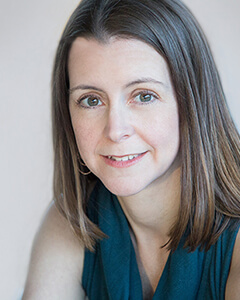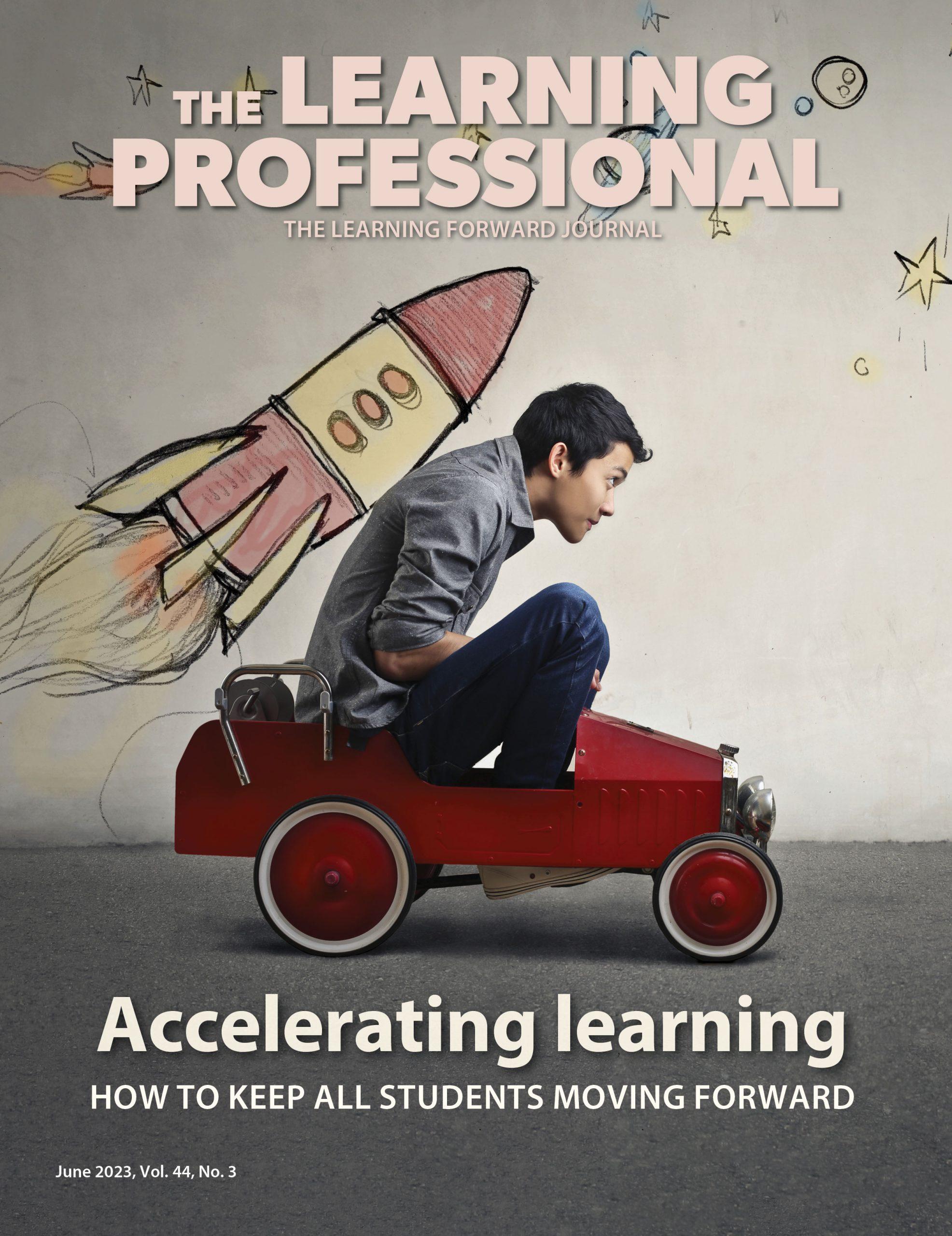FOCUS
Professional learning can lead us to common ground
By Suzanne Bouffard
Categories: Collaboration, Implementation, Learning communities, Learning designsFebruary 2022
If I did a search of the most frequent words used in Learning Forward’s resources, “community” and “collaboration” would surely appear in the top five. Collaborative relationships are at the core of learning. When learning partners respect, trust, and care about one another, they are more likely to listen to and share multiple viewpoints, and, ultimately, stretch and grow.
But what happens when we are fractured by political and ideological division? How do you build community when people are afraid that speaking up for their beliefs will result in verbal attacks? How do you learn and grow when your convictions and emotions keep you from considering other perspectives? How do you take collective action when disagreement and tensions are entrenched? These questions drive this month’s issue. Some of the themes in this set of articles are familiar, but we locate those themes in the current reality of division we’re all experiencing.
Recent studies by the Pew Research Center have shown that Americans are starkly divided along political lines over many issues affecting society and, therefore, affecting schools (Dimock & Wike, 2021). And polarization is hardly unique to the U.S. According to Pew, though, “What’s unique about this moment — and particularly acute in America — is that these divisions have collapsed onto a singular axis where we find no toehold for common cause.”
That doesn’t mean things are hopeless. A 2021 trend report from the American Psychological Association (APA) reported that “psychological science suggests that it is both possible and imperative for members of our society to find common ground” (Waldroff, 2021). The articles in this issue of The Learning Professional give us reasons to believe that schools can be a place for finding that common ground and taking collective action on behalf of all students.
Authors advise us to ask good questions and engage in true listening, follow protocols to keep discussions productive, make sure that group norms meet the needs of marginalized people, empower teachers’ inquiry, and engage in many other strategies for collaboration that are consistent with the Standards for Professional Learning.
Our new slate of guest columnists address these themes as well, and will continue to do so throughout 2022. Baruti Kafele writes the Learning Leaders column about school leadership and equity. Nader Twal contributes the District Perspective column, focused on how central offices and professional learning leaders can support high-quality, equity-focused professional learning. And Jennifer Abrams shares strategies and insights for stretching your learning edges in the Growth & Change column.
One thing all the authors have in common is a commitment to reflection and intentional action. The importance of those habits is acknowledged well beyond the field of professional learning. In its report about political division, APA recommended that we all pause and “identify the psychological factors at play … to reflect on what we are experiencing and help us to understand and shape our actions.” The report further encourages curiosity and respect for other viewpoints, warning against “fear of the other.”
This issue’s authors show us a path to those mindsets and actions, and they embody the collaboration and openness to learning that are at the heart of high-quality professional learning.
References
Dimock, M. & Wike, R. (2021, March 29). America is exceptional in its political divide. Trust Magazine. www.pewtrusts.org/en/trust/archive/winter-2021/america-is-exceptional-in-its-political-divide
Waldroff, K. (2021). Healing the political divide. Monitor on Psychology, 52(1), 42. www.apa.org/monitor/2021/01/healing-political-divide

Suzanne Bouffard is senior vice president of communications and publications at Learning Forward. She is the editor of The Learning Professional, Learning Forward’s flagship publication. She also contributes to the Learning Forward blog and webinars. With a background in child development, she has a passion for making research and best practices accessible to educators, policymakers, and families. She has written for many national publications including The New York Times and the Atlantic, and previously worked as a writer and researcher at the Harvard Graduate School of Education. She has a Ph.D. in developmental psychology from Duke University and a B.A. from Wesleyan University. She loves working with authors to help them develop their ideas and voices for publication.
Categories: Collaboration, Implementation, Learning communities, Learning designs
Recent Issues
TAKING THE NEXT STEP
December 2023
Professional learning can open up new roles and challenges and help...
REACHING ALL LEARNERS
October 2023
Both special education and general education teachers need support to help...
THE TIME DILEMMA
August 2023
Prioritizing professional learning time is an investment in educators and...
ACCELERATING LEARNING
June 2023
Acceleration aims to ensure all students overcome learning gaps to do...











